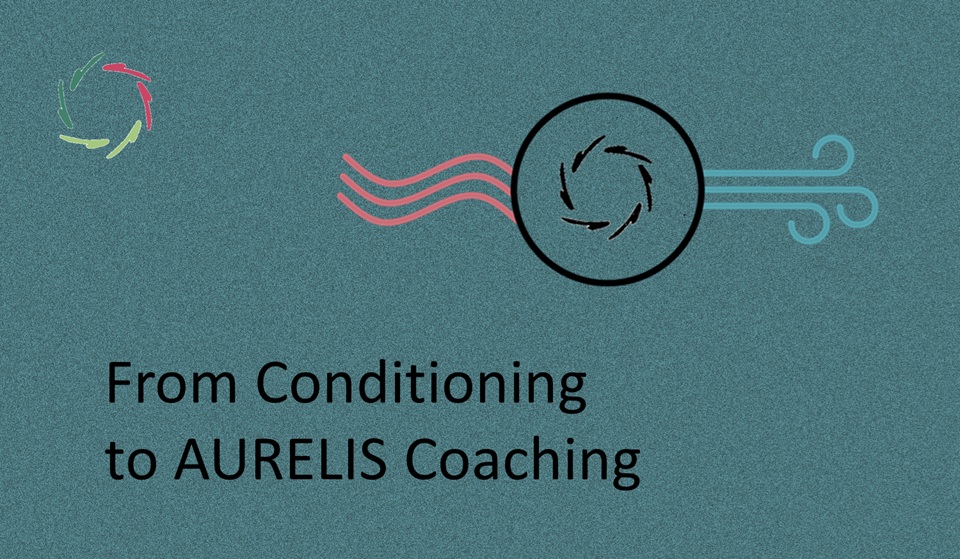Growth versus Repair in Therapy

The confusion between growth and repair is rampant in therapy of all sorts. Generally, there is too much emphasis on repair.
Medicine fundamentally wants to repair
In the wake of the physical model, this is logical. For instance, if your car breaks down, please don’t wait until it grows towards a solution.
Likewise, if you break a leg, it’s not a good idea to just do nothing and ‘let it grow.’ It needs repair.
To what degree is a human being comparable to a car?
A complex system grows beyond issues.
If a complex system – such as a human being – breaks down, repair may be problematic, carrying the risk of making the problem worse. Being partly complex, a leg needs repair. On top of this, and for the most important part, the healing happens organically. Where fractured, the bone grows together.
Generally seen, the body is partly complex, partly mechanical.
The human mind is a truly complex system. Nevertheless:
Psychotherapy also fundamentally wants to repair
In the wake of the medical model, there is a normal state, a mental disease, and a getting rid of the disease towards the new old normal. There is as little as possible change of the total person.
Not coincidentally, this has been developed in a culture that (over)values active accomplishment; this is success that comes as a direct result of personal investment. The discernible link between investment and result is essential in such.
One goes to a therapist. Work is being done. The result is: getting cured. This easily fits into a repair paradigm. It could also fit into a growth paradigm if the growing is seen as an action, not a happening.
But growth itself is a natural happening, which may only be supported, not ‘repaired.’
Easy and difficult clients
Within psychotherapy, the saying goes that 70% of all clients are easy cases who would benefit from any therapist. The others frequently don’t get better after a long period of therapy. Therapists who can also improve on many of these clients are called ‘therapeutic wizards.’ There is an ongoing search for what these may have in their sleeves that others have not.
The following is another way of making the distinction:
- The ‘easy clients’ can be repaired in the sense that mending the superficial level is enough for them to lead a normal and contented life.
- The ‘difficult clients’ need more than repair. It’s not that some therapists are just better than others. What these clients need is different from the start: growth.
Actually, what any human being needs is different from the start.
Repair might serve the cause of enabling life to do the growth job.
Remember the broken leg.
In this sense, even antidepressants may have the right purpose: to bring someone back to a state where he can at least enter normal life again. In such cases, I would see the repair rather as a part of the intended growth. Still, the aim should be focused on growth.
Contrary to this, antidepressants ‘for life’ should better be called zombifiers.
Change versus no change, another look
As said, repair doesn’t lead to total person change. This may, in principle, be problematic when a person comes to therapy with the idea of repair yet gets growth. He fundamentally wants to stay the same yet starts changing.
This may be disconcerting. A client in therapy/coaching should always be informed about this. There is no harm done in getting the two, but it should be clear, lest the client gets the idea that nothing worthwhile happens.
Or worse, the client may start changing for the first time in very long and get anxious or depressed. This can be avoided by proper information. It would be a pity to stop the growth process out of some misunderstanding in this matter. It becomes even more crucial after several distinct therapies.
This is pretty relevant for AURELIS coaching.
Generally, therapy is caught in a repair slump.
We need a growth revolution.


